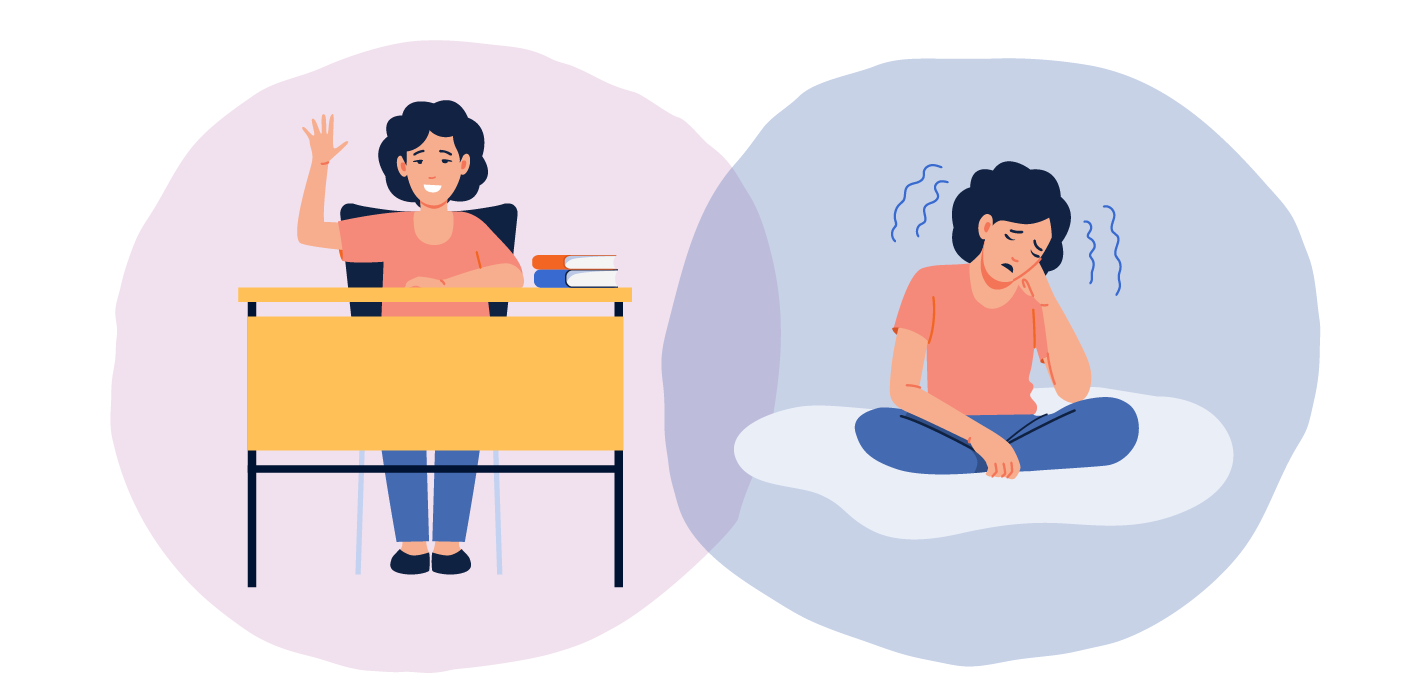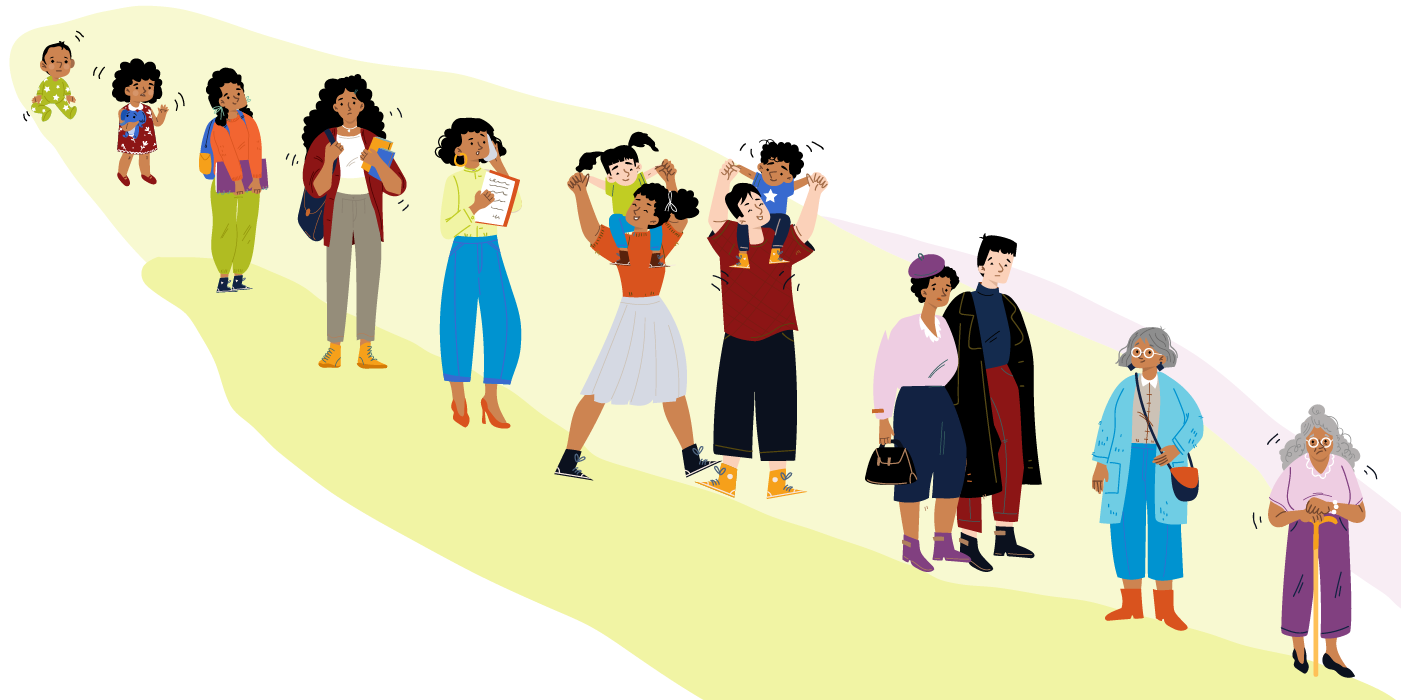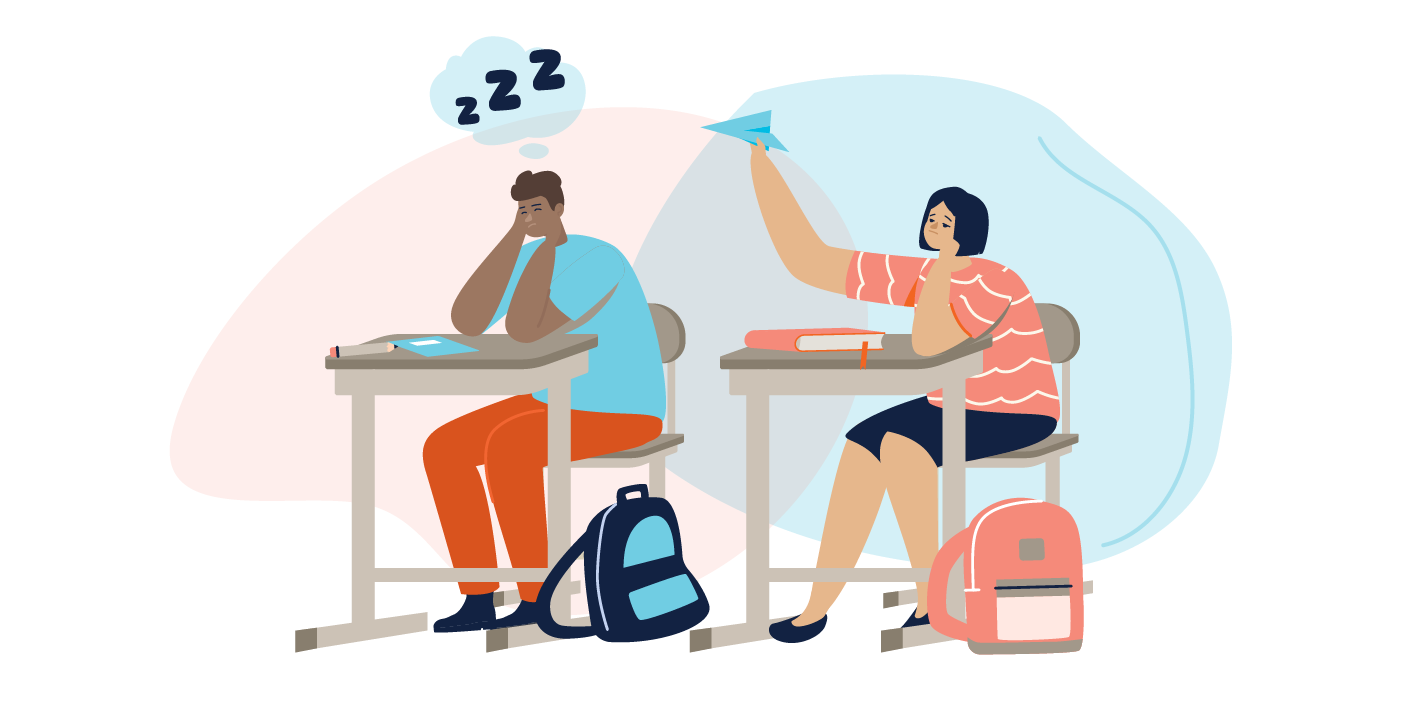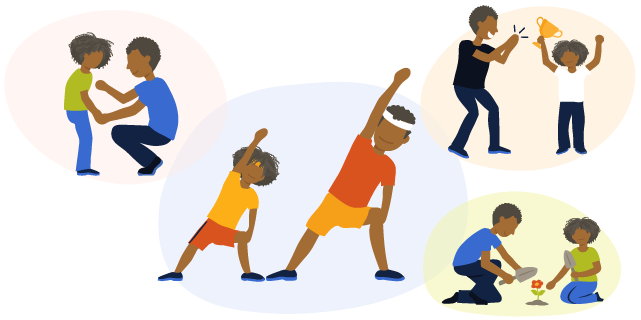Processing with Our Senses
 When you hear a sound, how do you respond? You might choose to ignore it or investigate its source. This process of using our senses to interpret a situation and respond in a purposeful way is called sensory integration. When these systems don’t synthesize, whether due to a diagnosis like autism or ADHD or to a skills deficit, it can lead to a whole host of learning and behavioral challenges. Studies have found that 1 in every 6 children has sensory processing issues that make it more difficult for them to thrive in school. Read more ›
When you hear a sound, how do you respond? You might choose to ignore it or investigate its source. This process of using our senses to interpret a situation and respond in a purposeful way is called sensory integration. When these systems don’t synthesize, whether due to a diagnosis like autism or ADHD or to a skills deficit, it can lead to a whole host of learning and behavioral challenges. Studies have found that 1 in every 6 children has sensory processing issues that make it more difficult for them to thrive in school. Read more ›


 If you have had the benefit of accommodations through an Individualized Education Program (IEP) or 504 plan, you may be wondering if your IEP or 504 plan will still apply after you graduate from high school.
If you have had the benefit of accommodations through an Individualized Education Program (IEP) or 504 plan, you may be wondering if your IEP or 504 plan will still apply after you graduate from high school.

 We are all different, and we know that not every child fits into a specific category. Is your child struggling with learning or behavioral outbursts? Your child is not broken and you are not a bad parent.
We are all different, and we know that not every child fits into a specific category. Is your child struggling with learning or behavioral outbursts? Your child is not broken and you are not a bad parent. 




 We often think of learning differences as challenges faced in school. But the reality is that learning differences impact people throughout their lives with implications far beyond the classroom: home, relationships, work and family to name a few. Therefore, it’s important to learn strategies and skills that apply throughout the lifespan.
We often think of learning differences as challenges faced in school. But the reality is that learning differences impact people throughout their lives with implications far beyond the classroom: home, relationships, work and family to name a few. Therefore, it’s important to learn strategies and skills that apply throughout the lifespan. 

 Most kids complain about school sometimes. But if your child’s gripes come almost daily and they are begging you not to go to school at all, you might be wondering if there’s something deeper going on. Are they falling behind? Not making friends? Does the pace of instruction leave them feeling lost and confused?
Most kids complain about school sometimes. But if your child’s gripes come almost daily and they are begging you not to go to school at all, you might be wondering if there’s something deeper going on. Are they falling behind? Not making friends? Does the pace of instruction leave them feeling lost and confused? 

 Emotional regulation is the ability to control our emotional state so that it matches the situation at-hand. It is not something we are born knowing how to do, but rather we learn over time. How can we teach our kids to respond to various situations appropriately, even if it means behaving on the outside differently than they are feeling on the inside?
Emotional regulation is the ability to control our emotional state so that it matches the situation at-hand. It is not something we are born knowing how to do, but rather we learn over time. How can we teach our kids to respond to various situations appropriately, even if it means behaving on the outside differently than they are feeling on the inside? 
 While they should not replace professional treatment, mental health apps can offer several benefits.
While they should not replace professional treatment, mental health apps can offer several benefits.

 Sleep. We all need it and yet most of us don’t get enough of it. The importance of sleep on our physical and mental health cannot be understated.
Sleep. We all need it and yet most of us don’t get enough of it. The importance of sleep on our physical and mental health cannot be understated. 

